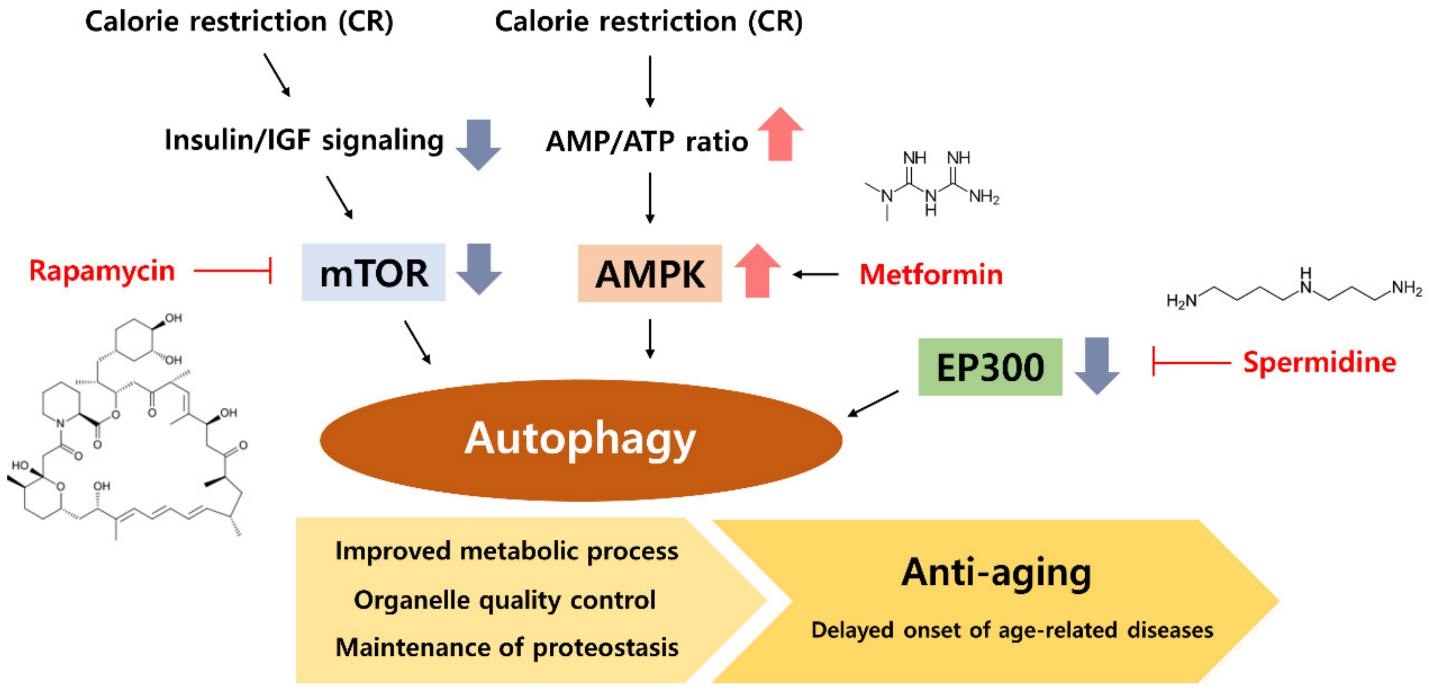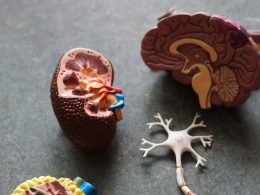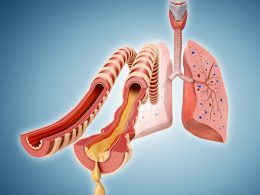Trends in Anti-Aging Research: Extending Healthy Lifespan
The quest to extend human lifespan and improve the quality of life as we age has captivated scientists for decades. Anti-aging research is a burgeoning field that seeks to understand the biological processes of aging and develop interventions to delay or reverse these processes. This article delves into the latest trends in anti-aging research, highlighting innovative approaches and promising breakthroughs aimed at extending a healthy lifespan.
The Science of Aging
Aging is a complex, multifactorial process influenced by genetic, environmental, and lifestyle factors. It is characterized by the gradual decline in physiological function and increased susceptibility to diseases such as cancer, cardiovascular disorders, and neurodegenerative conditions. Anti-aging research aims to uncover the underlying mechanisms of aging and identify potential targets for therapeutic intervention.

Cellular Senescence and Telomere Biology
One of the most significant areas of anti-aging research focuses on cellular senescence and telomere biology. Cellular senescence refers to the state in which cells permanently stop dividing in response to stress or damage. While senescence can act as a protective mechanism against cancer, the accumulation of senescent cells contributes to tissue dysfunction and chronic inflammation, hallmarks of aging.
Telomeres, the protective caps at the ends of chromosomes, play a crucial role in cellular aging. Each time a cell divides, telomeres shorten, eventually leading to cellular senescence. Researchers are exploring ways to maintain or elongate telomeres to delay the onset of senescence. For instance, the enzyme telomerase, which adds DNA sequences to telomeres, has shown potential in extending the lifespan of cells in laboratory settings.
Senolytics: Targeting Senescent Cells
Senolytics are a class of drugs designed to selectively eliminate senescent cells. By clearing these dysfunctional cells, senolytics aim to reduce inflammation and improve tissue function. Preclinical studies in animal models have demonstrated that senolytic drugs can extend lifespan and ameliorate age-related conditions such as osteoporosis and cardiovascular disease.
Several senolytic compounds are currently being tested in human clinical trials. One notable example is dasatinib, a cancer drug, and quercetin, a plant flavonoid. Early results suggest that these compounds can reduce senescent cell burden and improve physical function in older adults.
Metabolic Interventions: Caloric Restriction and Beyond
Caloric restriction (CR), the practice of reducing calorie intake without malnutrition, has long been associated with increased lifespan in various organisms, from yeast to primates. CR is believed to activate cellular pathways that enhance stress resistance and repair mechanisms. However, the feasibility of long-term CR in humans is limited due to its stringent dietary requirements.
Researchers are exploring CR mimetics, compounds that mimic the beneficial effects of caloric restriction without the need for dietary changes. One such compound is rapamycin, an mTOR (mechanistic target of rapamycin) inhibitor. Rapamycin has been shown to extend lifespan in mice and improve markers of aging in early human studies. Other potential CR mimetics include resveratrol, a polyphenol found in red wine, and metformin, a widely used diabetes medication.

Epigenetic Reprogramming
Epigenetics, the study of changes in gene expression without altering the DNA sequence, is another promising avenue in anti-aging research. Epigenetic modifications, such as DNA methylation and histone acetylation, play a critical role in aging and age-related diseases. Reversing these modifications, a process known as epigenetic reprogramming, holds the potential to rejuvenate cells and tissues.
Recent breakthroughs in cellular reprogramming have demonstrated that it is possible to reset the epigenetic clock of cells, effectively turning back their biological age. Induced pluripotent stem cells (iPSCs), which are generated by reprogramming adult cells to a pluripotent state, have shown promise in regenerative medicine. Researchers are now investigating ways to harness epigenetic reprogramming to rejuvenate tissues and organs in vivo.
Microbiome and Aging
The human microbiome, the collection of trillions of microorganisms living in and on our bodies, is increasingly recognized as a key player in aging and health. The composition and diversity of the gut microbiome change with age, influencing immune function, metabolism, and inflammation.
Anti-aging research is exploring ways to modulate the microbiome to promote healthy aging. Probiotics, prebiotics, and fecal microbiota transplantation (FMT) are being investigated as potential interventions to restore a youthful microbiome. Early studies suggest that these approaches can improve metabolic health and reduce age-related inflammation in animal models.
Genetic and Genomic Approaches
Advances in genetic and genomic technologies are revolutionizing anti-aging research. Genome-wide association studies (GWAS) have identified numerous genetic variants associated with longevity and age-related diseases. Understanding the genetic basis of aging can reveal new therapeutic targets and personalized interventions.
Gene therapy, which involves the delivery of genetic material to cells, holds promise for treating age-related disorders. One example is the use of CRISPR-Cas9, a powerful gene-editing tool, to correct genetic mutations associated with premature aging syndromes. Additionally, gene therapies targeting pathways involved in cellular repair and regeneration are being explored to extend healthy lifespan.
The Role of Lifestyle Interventions
While cutting-edge scientific research is crucial, lifestyle interventions remain a cornerstone of anti-aging strategies. Regular physical activity, a balanced diet rich in nutrients, adequate sleep, and stress management are well-established factors that contribute to healthy aging. Anti-aging research continues to investigate how these lifestyle factors interact with biological processes to promote longevity.
Ethical and Societal Considerations
As anti-aging research advances, it raises important ethical and societal questions. Extending human lifespan has implications for population growth, resource allocation, and healthcare systems. Ensuring equitable access to anti-aging therapies and addressing potential disparities in longevity are critical considerations.
Moreover, the pursuit of extending lifespan should be balanced with the goal of enhancing healthspan—the period of life spent in good health. Quality of life, rather than mere longevity, should be the primary focus of anti-aging interventions.
Conclusion
Anti-aging research is at the forefront of scientific innovation, offering the potential to extend healthy lifespan and improve the quality of life for aging populations. From targeting cellular senescence and telomere biology to exploring epigenetic reprogramming and the microbiome, researchers are making significant strides in understanding and intervening in the aging process.
While challenges and ethical considerations remain, the progress in anti-aging research holds promise for a future where aging is not merely a decline in function but a period of sustained vitality and health. As we continue to unravel the mysteries of aging, the prospect of extending healthy lifespan becomes an increasingly attainable goal.












